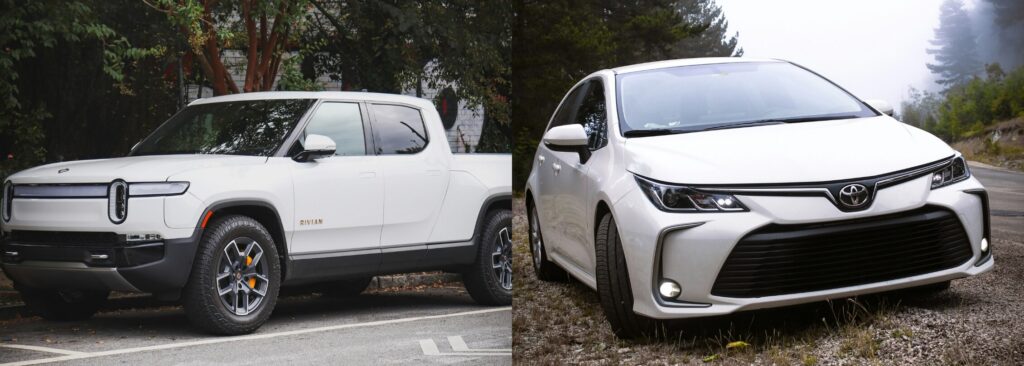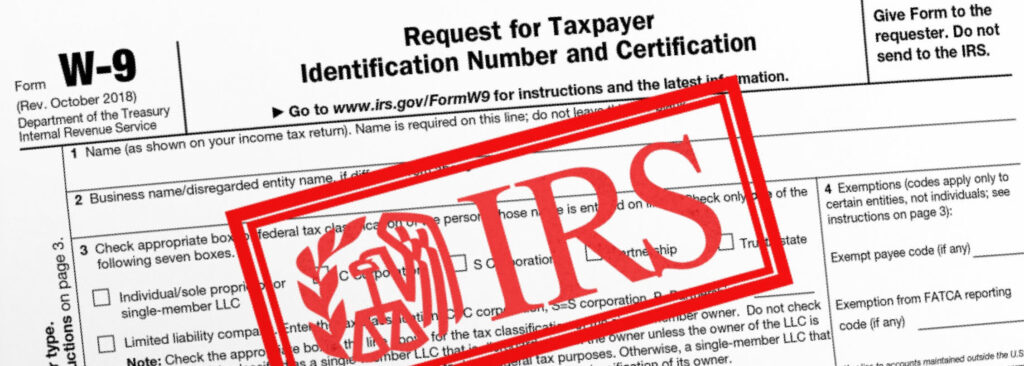Are you considering purchasing a new car and wondering about the best way to make the down payment? Perhaps you’re contemplating taking a bonus from your business or exploring other options like leasing. Let’s break down the key considerations in a straightforward manner.
Taking a Bonus for the Down Payment
If you’re thinking of paying yourself a $10,000 bonus from your business to use as a down payment, the good news is that you can do so by simply withdrawing the funds from your business checking account.
Here are some general rules to keep in mind:
- The act of taking a distribution from your checking account is not a taxable event in your case
- The act of taking a distribution or not taking a distribution does not change your overall business profit or taxes
Borrowing Money for the Purchase
If you’re looking to get the best deal on financing, consider borrowing the money. A “good rate” is mostly subjective. Given the general rates of returns and lending costs I would consider anything 5% or under good. If it is over 5% and you want to conserve cash / stretch out payments, that is a household budgeting decision. People borrow all the time for cars at low, medium, and high rates depending on the circumstances.
If you have a good rate then it is typically advisable to borrow the money, assuming:
- There is no loan fee to get the loan (I have not seen this with auto loans)
- There is no prepayment penalty (this would be a cost to you if you were to pay off the loan early)
For rates you could see what the dealer offers as they could have good rates. I once financed a car at a great rate with this institution and that worked out well for me at the time: https://www.sanfranciscofcu.com/vehicle-loans/
Business Use of the Vehicle
Yes you can have a vehicle for business purposes.
Generally to qualify for the accelerated deductions you want to maintain over 50% business use and ideally register the business in the vehicle name. Getting the vehicle in the business name can be challenging for registration, financing, and insurance. For this reason it is often that the vehicle registration will first exist in an individual name.
Another possibility would be to have some type of “accountable plan” in which case you could reimburse yourself for standard mileage, such as $0.67 per business mile.
You can typically still do a less than 50% vehicle and more standard rates of depreciation. This way you can capture some of the actual ongoing costs by this % amount, such as a 25% business vehicle. In the example case of a 25% vehicle you would then be able to deduct 25% of actual repairs, gas, maintenance, etc.
Final Thoughts
When it comes to purchasing a new vehicle, the key is to make informed decisions based on your financial goals and circumstances. Whether you choose to use a bonus for the down payment or explore financing options, understanding the implications for your business and personal finances is crucial.
Feel free to provide more details about the vehicle type and purpose, and we can tailor the advice to your specific situation. Happy driving!



